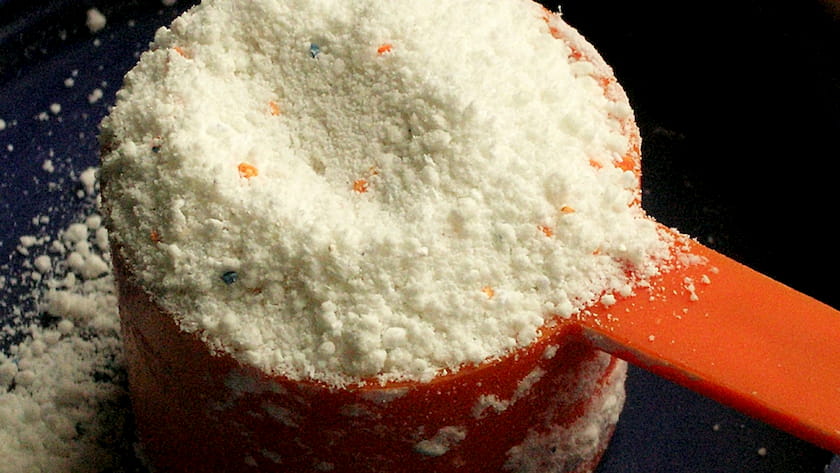Have you ever walked into a supplement store and been overwhelmed with 50+ brightly colored tubs of different types of protein powder? With fancy packaging, interesting names, and a dozen milkshake-like flavors, choosing the best product is tough, to say the least.
If you’re not informed and educated on protein powders, and protein in general, heading straight for the supplement store is likely a bad idea. There are dozens of options to choose from, and many companies load up their formulas with amino spiking, sugar, fat, artificial sweeteners, and other cheap, ineffective ingredients to keep costs low and achieve a candy-like flavor. We’ll help narrow down the most effective choices that will help your muscles grow and recover.
3 Main Sources of Protein
1. Whole foods
Whole food based protein sources are the animal sources that you are likely most familiar with and contain a full amino acid profile. The best muscle building whole food sources are fish, chicken, lean beef, turkey, eggs, and dairy. These are awesome sources of muscle building protein and should make up the majority of your protein intake.
2. Protein supplements
Protein supplements include all forms of whey protein (whey isolate, whey concentrate, casein protein, hydrolyzed), egg protein, and soy protein.
We do not recommend soy protein for males, as soy contains a high amount of estrogen compounds that may actually lower testosterone levels.
3. Vegetarian protein
Vegetarian forms of protein include both supplements and whole foods. A few of the popular supplement forms are soy, brown rice, pea, hemp seed, and spirulina.
You may be wondering why you should use a supplement if protein from whole foods is clearly the superior source? The simple answer is convenience. Supplementing makes it much easier to meet your daily protein quota, especially when traveling or living a busy lifestyle. It’s inconvenient or impossible for many people to consume 200 grams of protein per day solely from chicken, eggs, beef, or fish when dealing with a busy, hectic schedule.
With that being said, how do we figure out which protein is the best for building lean muscle mass?
Protein is rated in two categories that rank its ability to help the body recover and build lean muscle mass: Net Protein Utilization (NPU) and Biological Value (BV).
Net Protein Utilization
According to the International Society of Sports Nutrition, NPU “is similar to the biological value except that it involves a direct measure of retention of absorbed nitrogen. NPU and BV both measure the same parameter of nitrogen retention, however the BV is calculated from nitrogen absorbed whereas NPU is from nitrogen ingested.”
The entire chart and exact numbers can be found here, but for the sake of keeping it simple, we will examine the two highest NPU rankings.
- Egg Protein: 94
- Whey Protein: 92
Egg protein and whey protein have two of the highest NPU values, which is useful for ranking the quality of a protein source and its ability to build muscle, but what about Biological Value?
Biological Value of Protein
The International Society of Sports Nutrition states that “Biological value measures protein quality by calculating the nitrogen used for tissue formation divided by the nitrogen absorbed from food. This BV provides a measurement of how efficient the body utilizes protein consumed in the diet.”
So what protein sources have the two highest Biological Values? None other than whey and egg!
- Egg Protein: 100
- Whey Protein: 104
Whey protein and egg protein are clear favorites for building lean muscle mass. The type of whey protein doesn’t seem to matter as both whey isolate and whey concentrate have very high rankings. Keep in mind that rapidly digesting protein sources (such as whey isolate) are best immediately after strenuous workouts, while slower digesting proteins (like egg protein) are great for between meals and at night to act as a drip-feed of amino acids for your muscles.




Leave a comment
All comments are moderated before being published.
This site is protected by hCaptcha and the hCaptcha Privacy Policy and Terms of Service apply.